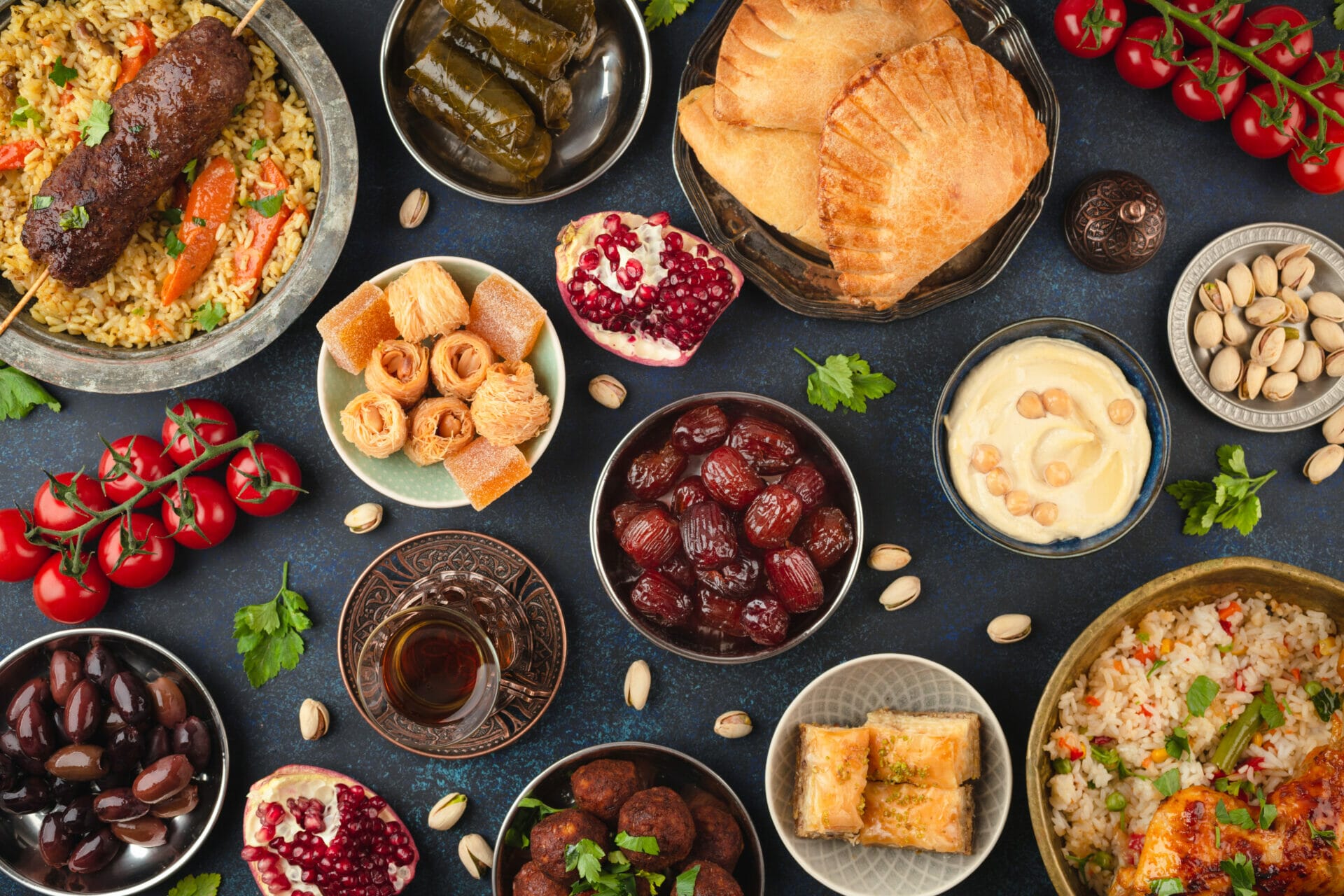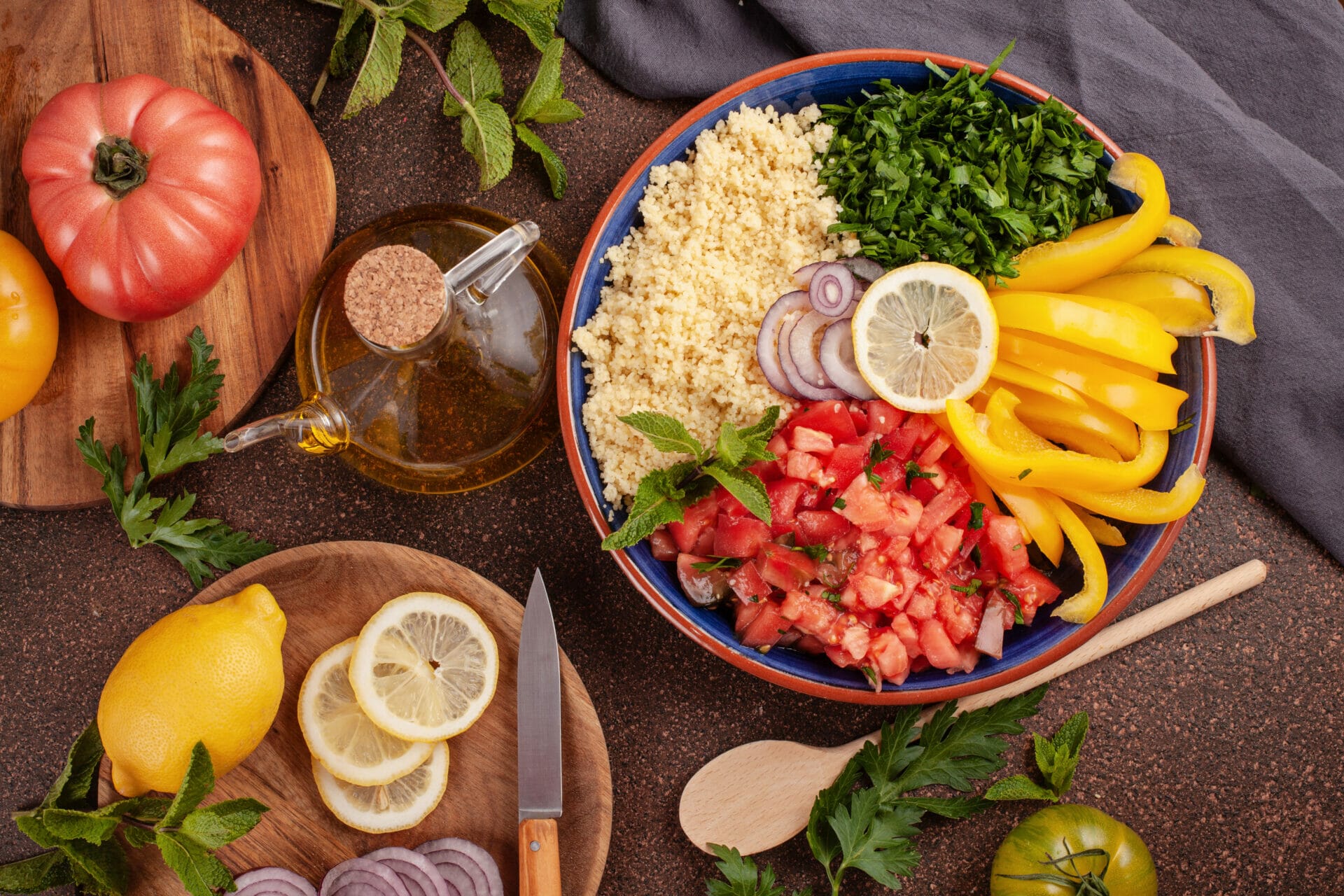The Department of Islamic Development Malaysia must receive applications from foreign businesses seeking Halal accreditation in Malaysia (JAKIM). JAKIM will then inspect the applicant’s premises on-site and may also collect product samples for later testing in a facility.
To offer halal goods in Malaysia, companies must first obtain a halal certificate from the government. Customers can verify that a product complies with Malaysia’s kosher requirements by using the kosher Certificate.
With a Muslim population of over 16 million, Malaysia dominates Southeast Asia in terms of kosher goods production and consumption. Most of Malaysia’s halal exports—worth 35.4 billion ringgit ($7.46 billion)—go to countries like Indonesia and others with large Muslim populations.
All products containing animal ingredients, including food, cosmetics, and pharmaceuticals, must also have a halal certificate. Here, we look at how businesses in Malaysia can get a halal certification and what halal means in their country.

What is a Halal Certificate?
It is preferable to first understand the concept or base of halal so that we are clear on the prerequisites and conditions before delving into how to apply for a halal certificate.
Halal is an Arabic phrase that means “permissible” or “lawful.” The word refers to Muslims’ permissible behaviors in their daily lives, particularly their eating and consumption choices. The inverse of Halal is Haram, another Arabic term for something forbidden.
Sharia law, which controls Muslim life, is based on the Holy Quran’s division between halal and haram.
Like all other aspects of Muslim law, Halal and Haram are based on the Holy Quran, Sharia Laws, Hadith, or Prophet Muhammad’s teachings.
The term “halal” is most commonly used to refer to Islamic dietary rules, particularly those involving meat. Muslims must be sure about their meat’s origin, handling, and preparation to be safe to consume. Furthermore, Islamic dietary regulations is obvious regarding what foods are halal and which are haram.
What is considered Halal food in Malaysia?
Food items are the most common application of halal certification. Businesses sometimes develop alternative food items, such as meat products, specifically for Muslim consumers and request a Halal Certificate.
The 1975 Trade Description Order (Usage of the Term “Halal”) contains Malaysia’s meaning of the word “Halal.” These meanings state that a dish is halal if it complies with the following standards:
- Does not originate from, contain, or contain anything made from an animal that is prohibited to Muslims under Islamic law, or from an animal that has not been killed per Islamic law,
- contains none of the elements that Islamic law forbids.
- is not produced, processed, or prepared using tools or instruments that do not comply with Islamic law’s definition of purity.
- It does not come into contact with or is not kept close to any food that does not adhere to the rules or any items that are deemed impure by Islamic law while it is being prepared, processed, or stored.

What other products can be certified as Halal in Malaysia?
A halal certificate can be obtained for various goods and services, including food. The majority of these are items or services that may include animal products on the premises or as ingredients. These consist of:
Some categories include beverages, food supplements, restaurants, hotels, consumer products, medicines, logistics, slaughterhouses, original equipment manufacturers, and medical devices.
Each business or product category has its own set of regulations for halal certification. In 2000, the National Council for Malaysian Islamic Religious Affairs addressed the Guidelines on the Production, Preparation, Handling, and Storage of Halal Food regarding slaughterhouses.
Who can issue a Halal certificate?
Before 2000, no halal-related regulations or rules existed, so anyone could issue a halal recognition certificate.
According to their guidelines, JAKIM’s Halal Hub Division, the Halal State Religious Department, and many private businesses certify food as halal. Standards, reviews, monitoring, and paperwork are not consistent. In the 1990s, many well-known businesses generated millions of dollars yearly by offering halal certificates without carrying out the necessary status checks.
This situation is extremely concerning because it targets business owners duped by this private company and confuses consumers who think the goods they have bought are halal when halal regulations are not reviewed.
Since the introduction of the Malaysian halal certification manual in 2004 and the creation of the Trade Act 2011 (KPDNKK) in 2011, only JAKIM is authorized to give halal certification in Malaysia. This implies that only one halal emblem is recognized and used for Malaysian goods.
After that, there won’t be any private businesses offering halal certificates. Of course, there will be a small number of people who attempt to demonstrate their halal status without passing through a JAKIM verification procedure.
How do I apply for a Halal Certificate in Malaysia?
The government organization regulating Halal certificates in Malaysia is the Department of Islamic Development Malaysia (Jabatan Kemajuan Islam Malaysia, or JAKIM).
Businesses can use the MYeHALAL method on the JAKIM Halal Hub to submit an online application for a Halal Confirmation Certificate. Businesses may use the JAKIM-issued Halal logo on their goods if they are successful.
A Halal Confirmation Certificate applicant must fit into one of six groups. Which are:
These industries include manufacturers/Producers, Distributors/Traders, Subcontractors, Repackers, Food Premises, and Abattoirs/Slaughterhouses.
Applicants must tell Jakim the following details after choosing their category:
- The information includes the company biography, business registration, product and menu names and descriptions for certification, as well as the ingredients used.
- Please provide the names and addresses of the manufacturers and component suppliers.
- halal certification for ingredients and product specifications for crucial additives (if applicable).
- material type for packing; manufacturing techniques
- Other documents such as HACCP, ISO, GHP, GMP, TQM, and a factory/premises location chart may also be required.
After that, Jakim will inspect the applicant’s property in person. During JAKIM’s inspection, the applicant must create a file for the Halal Certificate application to keep all pertinent paperwork. During the examination, the inspector may collect product samples for lab testing.
If approved, the applicant’s Halal certification will be valid for two years, with the exception of slaughterhouses, where it will only be valid for one year. A halal certificate holder must submit an application for recertification at least three months before the certificate expires.


